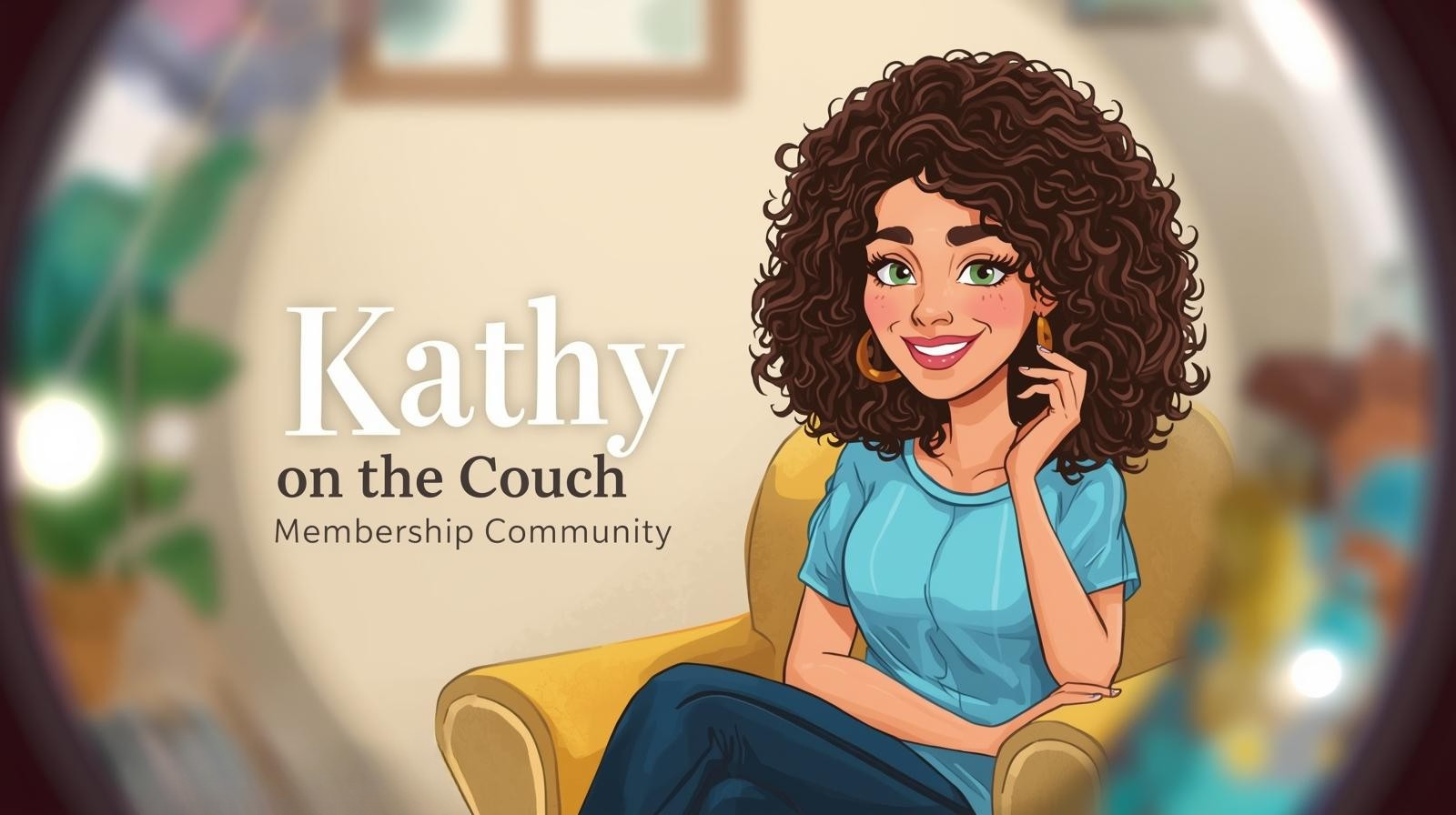Unraveling the Threads of Racial and Generational Trauma: Understanding Microaggressions, Stereotypes, and Vicarious Trauma
May 24, 2024
Unraveling the Threads of Racial and Generational Trauma: Understanding Microaggressions, Stereotypes, and Vicarious Trauma
In the complex tapestry of human experience, the threads of racial trauma and generational trauma weave a narrative that extends far beyond individual suffering. The impact of historical injustices, microaggressions, stereotypes, and vicarious trauma stretches across generations, creating a profound and interconnected web that affects marginalized communities.
In this exploration, we delve into the intricacies of racial and generational trauma, shedding light on the lasting effects of microaggressions, the perpetuation of stereotypes, and the silent anguish of vicarious trauma.
Also, in this week’s Rewired360 Podcast, we have an exciting interview with Dr. Nicole Monterio discussing the impacts of racial trauma and how we can assist as clinicians.
Here, have a conversation about cultural sensitivity and how we can forge positive relationships with the BIPOC clinician community. Dr. Nicole Monteiro, Licensed Clinical Psychologist multicultural counseling and diversity, race and racism. Center for Healing and Development in Philadelphia, Pennsylvania and professor at Chestnut Hill College. Let’s dive into the details!
Understanding Racial Trauma:
Racial trauma refers to the emotional and psychological distress experienced by individuals due to exposure to racial discrimination and prejudice. It is not confined to isolated incidents but encompasses a cumulative effect of ongoing systemic racism, historical injustices, and interpersonal interactions laden with bias.
The wounds of racial trauma are not only deeply personal but often transcend individual experiences to impact entire communities and subsequent generations.
In EMDR therapy, we can target these negative beliefs and devaluing experiences including generational trauma as advanced interventions.
Microaggressions: Subtle Yet Profound:
Microaggressions, often dismissed as innocuous comments or behaviors, are subtle, often unintentional expressions of discrimination. These seemingly harmless acts can manifest as verbal slights, non-verbal cues, or environmental microinvalidations. Over time, these microaggressions accumulate, creating a pervasive atmosphere of hostility, invalidation, and marginalization.
The impact is insidious, eroding the mental and emotional well-being of individuals and contributing to the perpetuation of systemic racism. In the podcast, we discuss an example of how a current and a future self may interact in these invalidating environments and create a way to exhibit sustained change.
Stereotypes: The Unjust Shackles of Prejudice:
Stereotypes are deeply ingrained societal beliefs that categorize individuals based on race, perpetuating biased assumptions and limiting the understanding of diverse cultures. These preconceived notions not only shape perceptions but also influence behaviors, creating a cycle that reinforces discriminatory practices.
The weight of stereotypes is felt by individuals who must navigate a world burdened by preconceptions, hindering personal and professional growth and perpetuating racial disparities.
Generational Trauma: A Legacy of Pain:
Generational trauma refers to the transmission of trauma from one generation to the next, creating a legacy of pain that persists over time. Dr. Monterio highlights ways generational trauma and vicarious trauma may affect the psyche.
As we know, the historical injustices suffered by marginalized communities, such as slavery, forced displacement, and systemic discrimination, leave enduring imprints on the collective psyche. This intergenerational transfer of trauma influences family dynamics, coping mechanisms, and mental health outcomes, amplifying the impact of historical wounds.
As therapists, we can address these issues in targeted treatment planning to help heal these wounds.
Vicarious Trauma: The Silent Observer's Struggle:
Vicarious trauma occurs when individuals indirectly experience the trauma of others, often through exposure to narratives of suffering and discrimination. For marginalized communities, witnessing the continued oppression and discrimination faced by their peers can evoke profound emotional and psychological distress. The weight of collective pain becomes an additional burden, further exacerbating the challenges of navigating a society rife with inequality.
Breaking the Chains: Healing and Empowerment:
Acknowledging and addressing racial and generational trauma requires a multifaceted approach. It begins with fostering awareness of the pervasive nature of microaggressions and stereotypes and their cumulative impact on mental health.
Communities and individuals can engage in open dialogues, creating spaces for healing and understanding.
Education and advocacy play crucial roles in dismantling systemic racism, challenging stereotypes, and breaking the cycle of generational trauma. Cultivating empathy, promoting inclusivity, and amplifying marginalized voices contribute to the broader movement towards social justice and equality.
Dr. Monterio is a powerful advocate for racial and generational trauma, fueled by microaggressions, stereotypes, and vicarious trauma. Her knowledge and expertise help us understand how these injustices weave a complex narrative that extends beyond the individual experience.
By unraveling these threads and fostering understanding, we can work towards healing, breaking the chains of oppression, and building a more equitable and compassionate society for generations to come.
If you are an EMDR Clinician, resources are available to you as a Black, Indigenous Person of Color with Rewired360 and with EMDR International Association. Please take advantage of these amazing opportunities of support in the EMDR Career Path!
Stay Connected
Get resources, motivation, and guided activities delivered to your inbox.
Don't worry, your information will not be shared.


